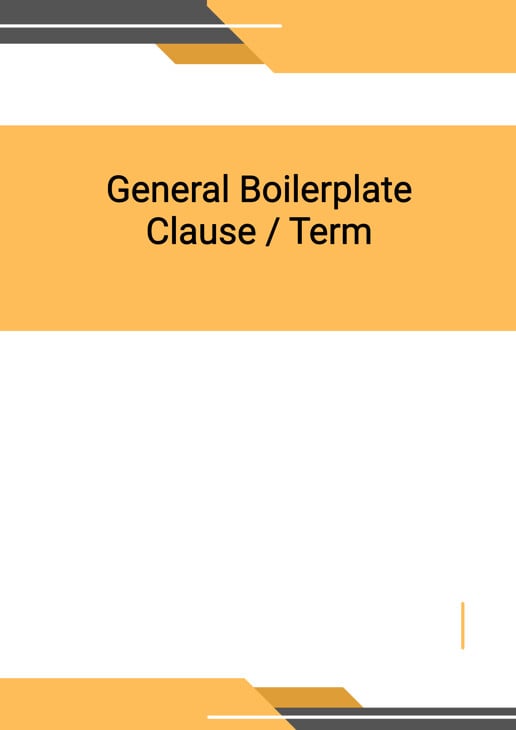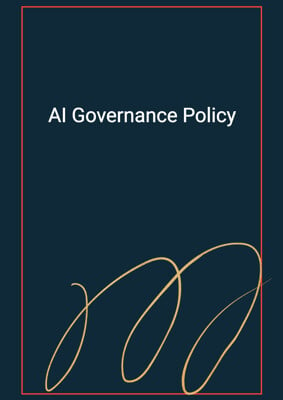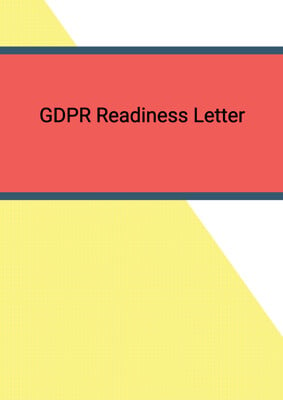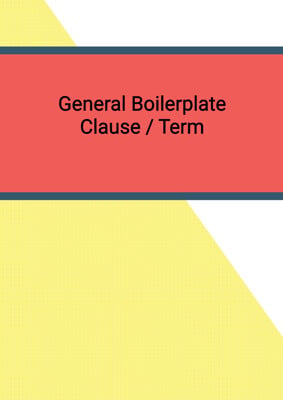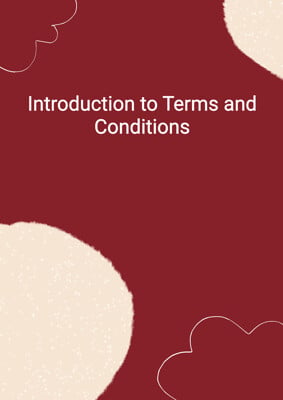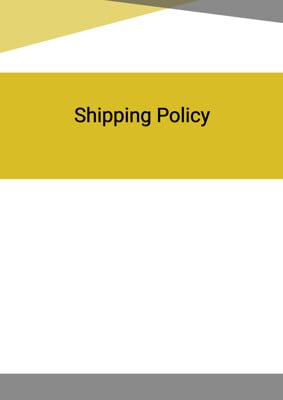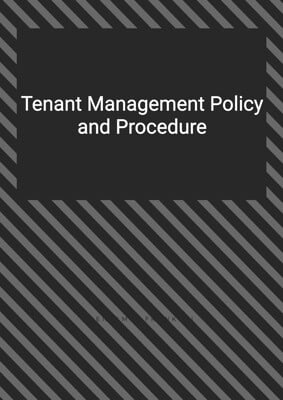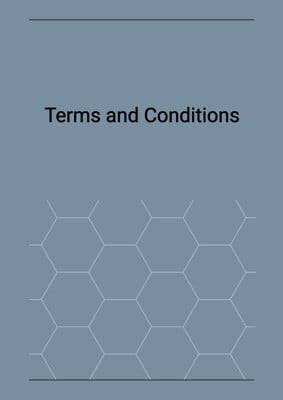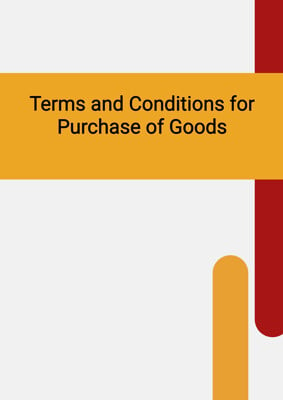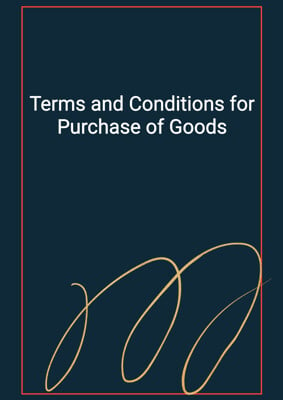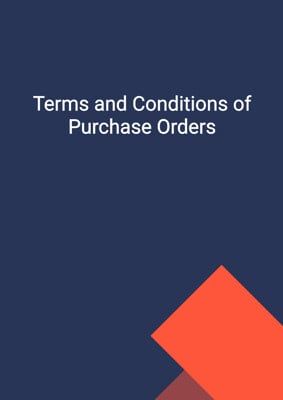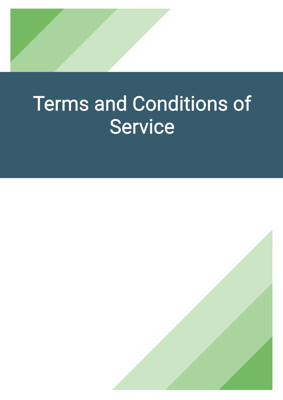How to Tailor the Document for Your Need?
01
Create Document
Fill in the details of the parties. You can click the "Fill with Member’s Information" button to complete it with information saved to your account.
02
Fill Information
Please fill in any additional information by following the step-by-step guide on the left hand side of the preview document and click the "Next" button.
03
Get Document
When you are done, click the "Get Document" button and you can download the document in Word or PDF format.
04
Review Document
Please get all parties to review the document carefully and make any final modifications to ensure that the details are correct before signing the document.
Document Preview
Document Description
The document titled 'General Boilerplate Clause / Term' is an important document that outlines the provisions and terms related to force majeure. Force majeure refers to any unforeseen circumstances or events that are beyond the reasonable control of the parties involved in an agreement. This document serves as a legal protection for both parties in case of such events.
The document is divided into several sections, each addressing different aspects of force majeure. The first section discusses the general concept of force majeure and states that neither party shall be liable for any failure or delay in performing their obligations if it is due to causes outside their reasonable control. It also allows for a reasonable extension of time for performing such obligations.
The second section focuses on the notification process in case of force majeure. It states that if any party is affected by force majeure, they must promptly inform the other parties in writing, stating the cause and the impact on their performance. The affected party is then required to take all necessary actions to comply with the terms of the agreement as fully and promptly as possible.
The third section addresses the payment and termination aspects of force majeure. It states that the invoking party must notify the other party of the nature and extent of the circumstances causing force majeure. It also clarifies that force majeure does not relieve any party of its obligation to make payments when due. If the force majeure event continues for a specified period, either party may be entitled to terminate the agreement.
The document also includes separate definitions of force majeure in short form and long form. These definitions provide a comprehensive understanding of the circumstances that can be considered as force majeure. The provisions related to notification, non-performance, and termination remain consistent in both definitions.
Overall, this document is crucial in establishing the rights and responsibilities of the parties involved in an agreement when faced with unforeseen events beyond their control. It ensures that both parties are aware of their obligations and provides a framework for handling force majeure situations.
How to use this document?
Guidance for using the 'General Boilerplate Clause / Term' document:
1. Understand the concept of force majeure: Familiarize yourself with the concept of force majeure and its implications in legal agreements. This will help you comprehend the importance of this document.
2. Identify relevant sections: Determine which sections of the document are applicable to your specific agreement. Pay close attention to the provisions related to force majeure, notification, payment, and termination.
3. Customize the document: Enter the necessary information, such as the names and addresses of the parties involved, in the agreement. Make sure all details are accurate and up to date.
4. Specify the price and completion date: Clearly state the agreed price and completion date for the work to be performed. This will ensure that both parties are aware of their obligations and deadlines.
5. Describe the services: Provide a detailed description of the services to be provided by the contractor. This will help avoid any misunderstandings or disputes regarding the scope of work.
6. Agree on warranty and payment terms: Discuss and agree upon the length of the warranty and the time of payment after the completion of the work. This will ensure clarity and avoid any conflicts regarding payment terms.
7. Specify damages for non-completion: If the work is not completed by the agreed-upon completion date, specify the amount of damages per week that the customer is entitled to. This will establish the consequences of non-completion and protect the customer's interests.
8. Seek legal advice if needed: If you have any doubts or concerns regarding the document or its implications, consult with a legal professional. They can provide guidance specific to your situation and ensure that the document is legally sound.
Following these steps will help you effectively use the 'General Boilerplate Clause / Term' document and ensure that both parties are protected in case of force majeure events.
Not the right document?
Don’t worry, we have thousands of documents for you to choose from:
